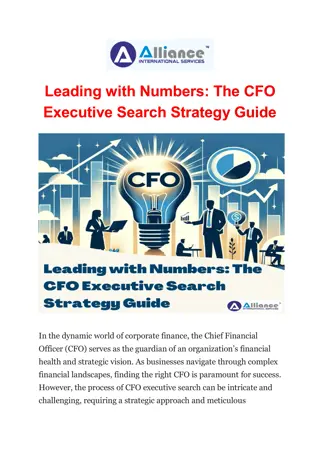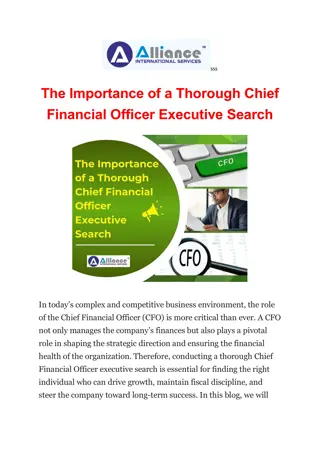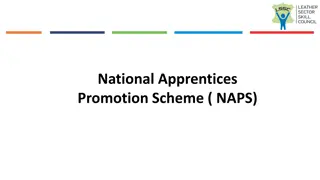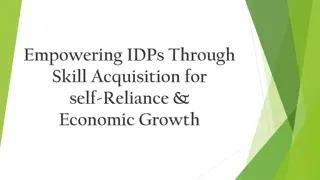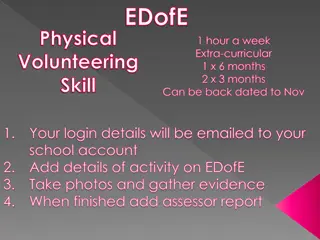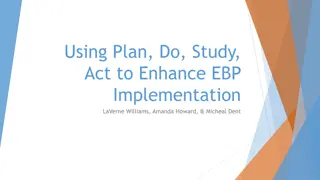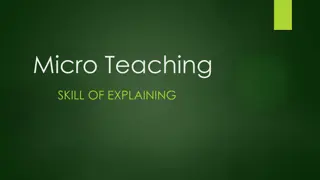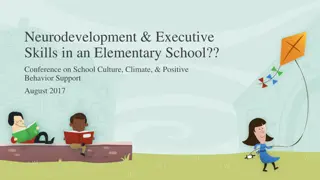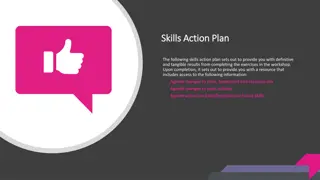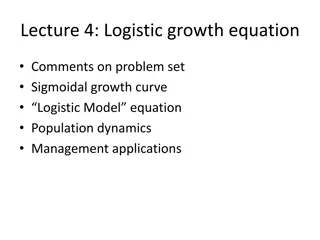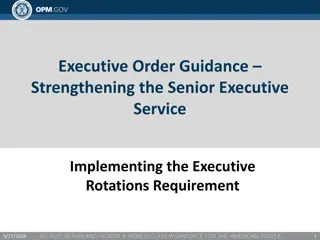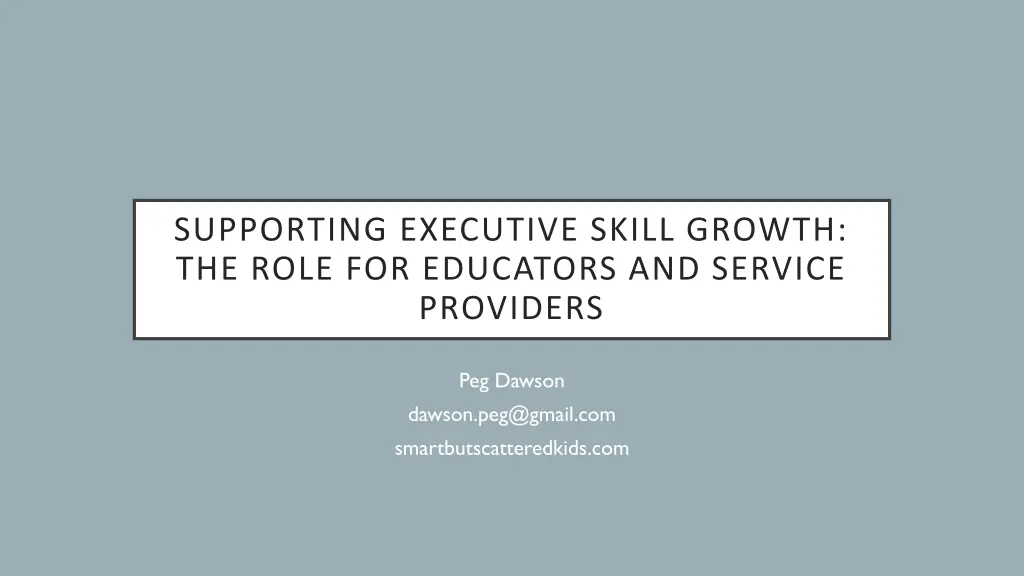
Supporting Executive Skill Growth for Educators and Service Providers
Explore the crucial role of educators and service providers in nurturing executive skills in children, emphasizing independence through motivators, minimal support, decision involvement, and relevant strategies.
Download Presentation

Please find below an Image/Link to download the presentation.
The content on the website is provided AS IS for your information and personal use only. It may not be sold, licensed, or shared on other websites without obtaining consent from the author. If you encounter any issues during the download, it is possible that the publisher has removed the file from their server.
You are allowed to download the files provided on this website for personal or commercial use, subject to the condition that they are used lawfully. All files are the property of their respective owners.
The content on the website is provided AS IS for your information and personal use only. It may not be sold, licensed, or shared on other websites without obtaining consent from the author.
E N D
Presentation Transcript
SUPPORTING EXECUTIVE SKILL GROWTH: THE ROLE FOR EDUCATORS AND SERVICE PROVIDERS Peg Dawson dawson.peg@gmail.com smartbutscatteredkids.com
3 KEY CONCEPTS ABOUT EXECUTIVE SKILLS What they are: brain-based skills that take a minimum of 25 years to reach full maturation. Until these skills are fully mature, it s the job of parents and teachers (and adults who work with kids) to act as surrogate frontal lobes. It is also the job of parents, teachers, etc. to ensure that kids grow their own executive skills.
SO HOW DO YOU HELP KIDS MOVE TOWARD INDEPENDENCE?
USE MOTIVATORS THAT ENCOURAGE INDEPENDENCE What motivates teens? When they can have the chance to do what adults do make their own choices and decisions have their opinions valued decide what rules will apply and how
PROVIDE THE MINIMUM SUPPORT NECESSARY FOR THE YOUNGSTER TO BE SUCCESSFUL BUT have the courage to let kids make mistakes AND don t bail them out too fast
INVOLVE YOUR CHILD IN MAKING DECISIONS It s your call. I have confidence in your ability to make informed decisions about your own life and to learn from your mistakes. Stixrud & Johnson, The Self-Driven Child
WHY IS THIS SO IMPORTANT We see lots of kids every years who go off to college before they can independently get themselves into or out of bed manage their own academic work hold a part-time job or regulate their use of their cell phone, video games, and other electronic entertainment. Stixrud & Johnson, The Self-Driven Child
HOW CAN WE WORK WITH KIDS TO GET THEM TO USE THEIR OWN EXECUTIVE SKILLS? Ask kids to reflect on their own performance, especially when they are successful (What worked for you today? Why do you think it worked?) Use questions to get them to use their executive skills (What s your plan? Do you have a strategy for that? What s your goal? How long do you think that will take?) 9
HOW CAN WE WORK WITH KIDS TO GET THEM TO USE THEIR OWN EXECUTIVE SKILLS? When problems arise, share your observations in a nonjudgmental way (I noticed you .What can we do about that?). Brainstorm strategies. Together with the youngster, make a list of possible strategies. Ask them to pick one, and then make a game plan for trying it out. 10
KEEP YOUR EYE ON THE BIGGEST PRIZE: BUILDING GOAL-DIRECTED PERSISTENCE! Help him/her set and achieve little goals they add up over time. Praise effort Wow, you stuck with it! You figured it out. I can t believe how hard you worked for that! Emphasize the youngster s goals, not yours.
SOME LESSONS WEVE LEARNED FROM TRAINING COACHES TO WORK WITH TEENS AND YOUNG ADULTS It all starts with the relationship between the coach and the client. The client chooses the goals to work on. We start with small, easy goals that can be achieved quickly to build a cushion of success. We make specific action plans and track progress in a visible way.
AND WHEN YOURE WORKING WITH PARENTS .
HELP THEM TO SEPARATE THEIR HOPES AND DREAMS FROM THEIR CHILD S HOPES AND DREAMS

